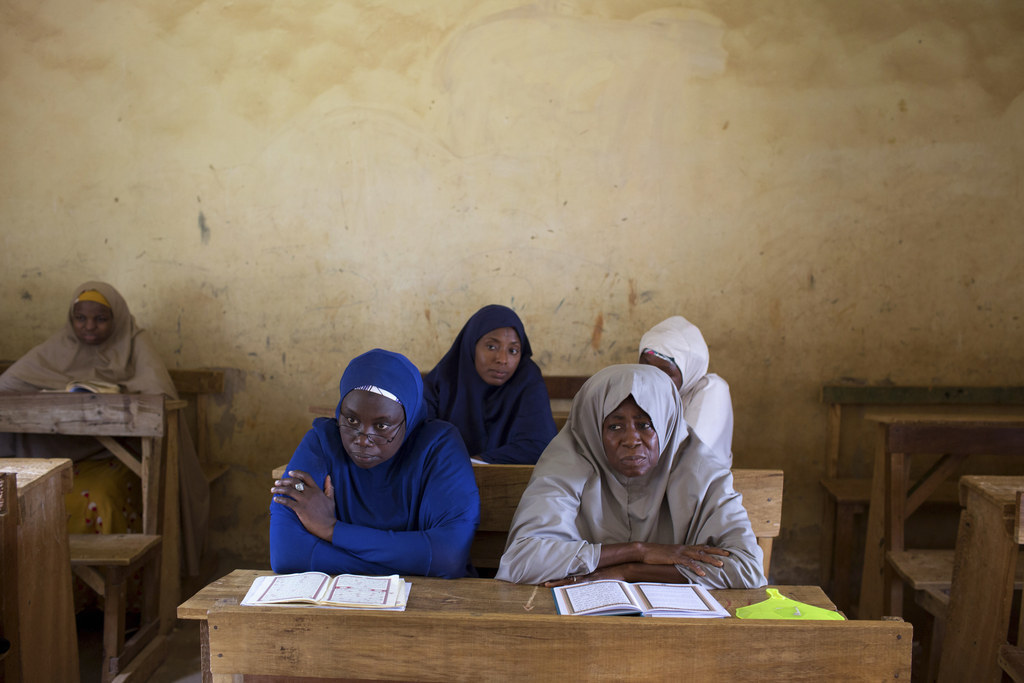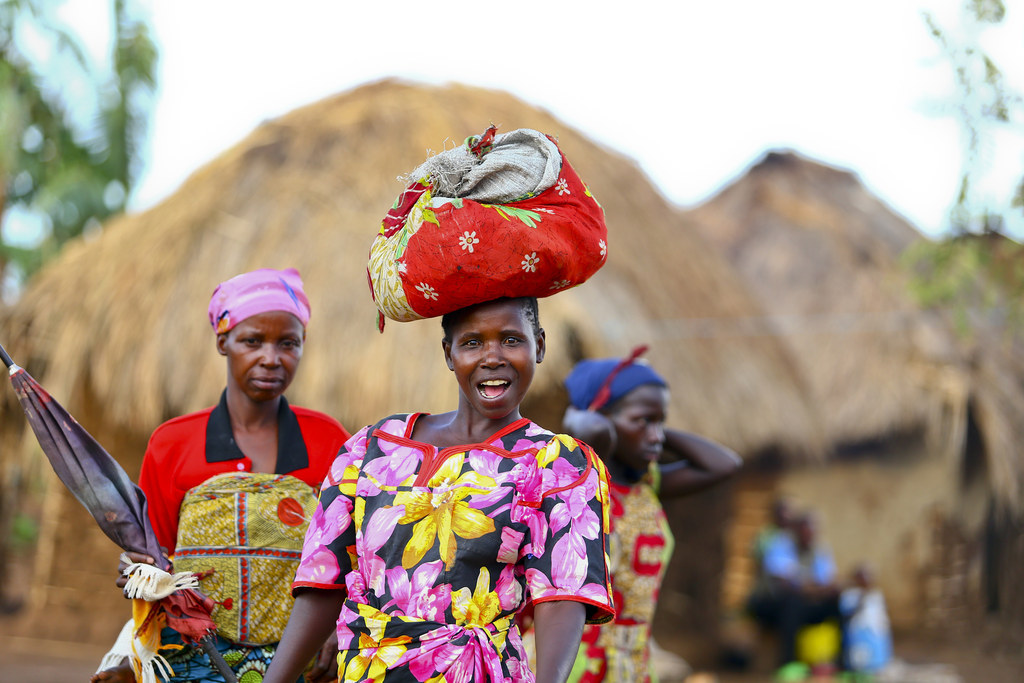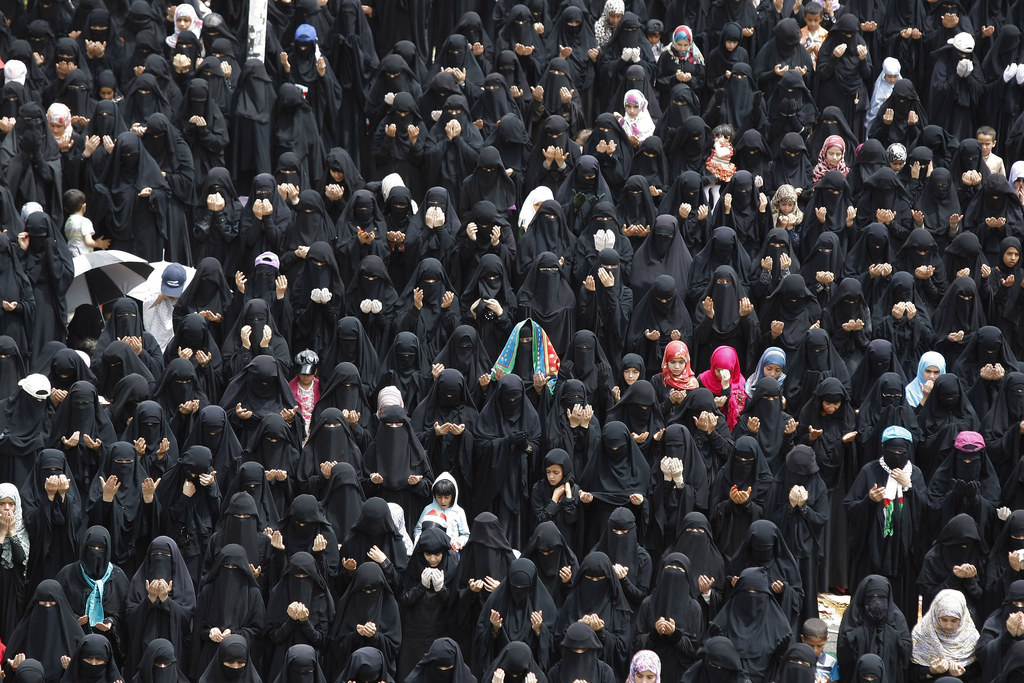Many countries have constitutions that uphold equality – but they also have laws that make life hard for women. International human rights organization Equality Now has picked out some of the worst and weirdest examples in a new report.

1. In India, marital rape is not a crime unless the wife is under 15 years old. India’s parliament last year rejected calls to revise this law and a court also ruled on the matter, the Daily Beast reported at the time.

2. Over in Malta, a southern European country, if you abduct someone and then marry them you can’t be prosecuted unless your new spouse launches a complaint, according to the criminal code (see section 200).

3. Northern Nigeria’s penal code says something done “by a husband for the purpose of correcting his wife” is only an offence if it causes “grievous hurt.”

4. People born abroad and out of wedlock before Dec. 23, 1952, can only be considered for U.S. citizenship if a blood tie to a father with U.S. citizenship is proved, according to the Immigration and Nationality Act (see section 309).

5. The Democratic Republic of Congo’s controversial Family Code states that the husband is the head of the household, and that his wife must live with him.

6. Over in Yemen, the Personal Status Act says you can’t even leave the house without your husband’s permission, “unless for a legitimate excuse”. Yemen was bottom of the WEF's Global Gender Gap rankings last year.

7. And in Saudi Arabia, as you probably already know, women aren't allowed to drive. Dozens of women uploaded videos of themselves driving in Saudi Arabia in a 2013 protest. Opposition to the ban has been growing.
View this video on YouTube
Loujain al-Hathloul, who was later arrested, filmed this video of herself driving to the Saudi border in 2014.
Equality Now is launching a campaign on Feb. 14 against these laws and others like them.
The organization is asking people to write to their president or prime minister, in order to petition them to review the laws in their country that discriminate against women and fulfill their commitment to the Beijing Declaration. You can find out how to get involved here.
An earlier version of this post did not specify that section 309 of the U.S. Immigration and Nationality Act applies only to people born before Dec. 23, 1952.

